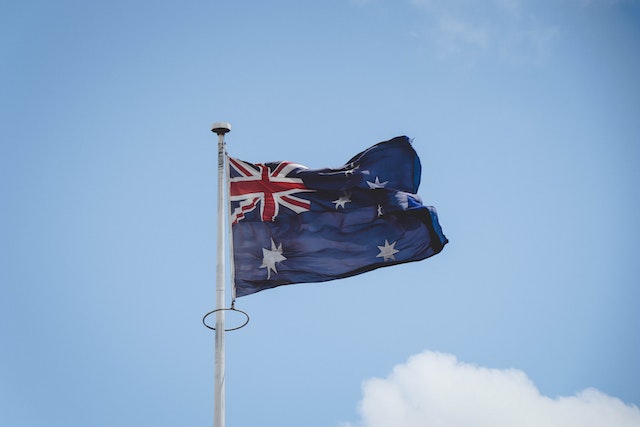The monthly Consumer Price Index (CPI) indicator rose 4.0 per cent in the 12 months to May 2024, up from 3.6 per cent in April, according to the latest data from the Australian Bureau of Statistics (ABS).
The most significant contributors to the annual rise to May were Housing (+5.2 per cent), Food and non-alcoholic beverages (+3.3 per cent), Transport (+4.9 per cent), and Alcohol and tobacco (+6.7 per cent).
Michelle Marquardt, ABS head of prices statistics, said: “CPI inflation is often impacted by items with volatile price changes like Automotive fuel, Fruit and vegetables, and Holiday travel. It can be helpful to exclude these items from the headline CPI to provide a view of underlying inflation, which was 4.0 per cent in May, down from 4.1 per cent in April.”
Housing rose 5.2 per cent in the 12 months to May, up from 4.9 per cent in April. Rents increased 7.4 per cent for the year, reflecting a tight rental market across the country. The annual rise in new dwelling prices remained steady at 4.9 per cent with builders passing on higher costs for labour and materials.
Electricity prices rose 6.5 per cent in the 12 months to May, up from 4.2 per cent in April. Out-of-pocket costs for electricity are gradually increasing as the Energy Bill Relief Fund rebates are progressively being used up by eligible households.
“The introduction of the Energy Bill Relief Fund rebates from July 2023 has mostly offset electricity price rises from annual price reviews in the same month. Excluding the rebates, Electricity prices would have risen 14.5 per cent in the 12 months to May 2024,” Ms Marquardt said.
Annual inflation for Food and non-alcoholic beverages was 3.3 per cent in May, down from 3.8 per cent in April. The largest contributor to the annual increase in food prices was Meals out and take away foods, which rose 4.2 per cent in the 12 months to May compared to 5.4 per cent to April. Higher prices for grapes, strawberries, blueberries, tomatoes and capsicums drove Fruit and vegetable prices to their largest annual rise since April last year.
In monthly terms, Automotive fuel prices fell 5.1 per cent in May, the first monthly fall since January 2024, reflecting lower wholesale fuel prices.
“Despite the monthly fall in May, Automotive fuel prices rose 9.3 per cent annually up from 7.4 per cent in April. The annual increase was largely due to base effects where the fall in May this year was smaller compared to the fall in May 2023,” Ms Marquardt said.
Holiday travel and accommodation prices rose 2.9 per cent in the 12 months to May, following a 6.2 per cent annual fall to April.
In monthly terms, Holiday travel and accommodation prices fell 2.7 per cent, following a 4.6 per cent rise in April, driven by Domestic holiday travel and accommodation due to a fall in demand following the school holiday period.
Source: Australian Bureau of Statistics (ABS)
Legal Notice: The information in this article is intended for information purposes only. It is not intended for professional information purposes specific to a person or an institution. Every institution has different requirements because of its own circumstances even though they bear a resemblance to each other. Consequently, it is your interest to consult on an expert before taking a decision based on information stated in this article and putting into practice. Neither Karen Audit nor related person or institutions are not responsible for any damages or losses that might occur in consequence of the use of the information in this article by private or formal, real or legal person and institutions.






